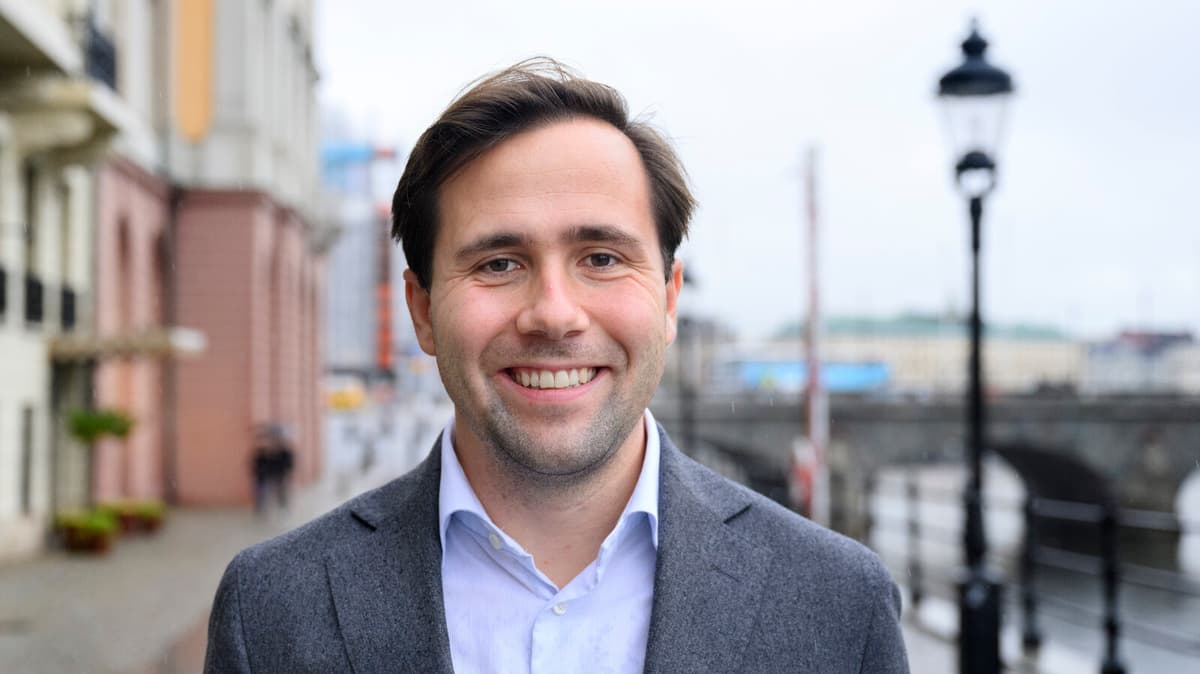The former MUF chairman Benjamin Dousa (M), came directly from the business sector into the role of Minister for Development Cooperation about a month ago. Not a coincidence, since aid under the Tidö government is to become more business-oriented. At least when it comes to development cooperation, i.e. long-term aid that is not acute humanitarian aid such as disaster relief.
When Swedish companies establish themselves in a poor country - yes, it's good for the money from a monetary perspective, we get new tax revenues. But they also bring Swedish values, Swedish views on how to conduct business, Swedish views on equality. I think that's also important.
But is it part of the new reorientation of aid policy to benefit Sweden?
Absolutely. And above all, benefit the recipient country, says Dousa.
Ukraine as an example
The line is not uncontroversial and has been criticized for risking that aid money instead of going where it does the most good for the recipient country goes where it does the most good for Sweden.
To get out of poverty, it's trade, strong institutions, property rights, and market economy that can make a difference.
I think it's the combination of that and aid that can really get countries' economies going, says Dousa.
He takes Ukraine, the country Sweden gives the most aid to, as the example he thinks has come the farthest in combining benefits for both countries. In addition to military and humanitarian support, Ukraine has also received support for development and trade policy.
Recently, we opened a trade office in Kyiv with a special envoy who will also help build up Ukraine's business sector.
The combination with Ukraine as a model, I think can be duplicated in other environments as well.
"Nothing to be ashamed of"
When Dousa had been in office for a week, the news came that aid would be reduced from today's 56 billion to 53 billion during the years 2026-2028. This has been met with strong criticism from the opposition and civil society, as it happens at a time with many severe crises and wars in the world.
Dousa believes it was entirely right to scrap the previous one percent goal of GNP and that the money is a well-balanced budget considering the global situation.
Sweden is and remains one of the world's most generous aid donors.
We have nothing to be ashamed of, says Dousa.
Anna Hansson/TT
Facts: Swedish aid
TT
The Tidö government scrapped the goal of allocating 1 percent of GNP to aid. Instead, a lower budget of 56 billion per year was set for 2023-2025.
On September 17 this year, the government announced that aid for the years 2026-2028 would amount to 53 billion.
Swedish aid is primarily distributed by Sida and the Ministry for Foreign Affairs.
In 2023, aid amounted to 59 billion. Almost 32 billion of it went via the Ministry for Foreign Affairs to, for example, UN organizations. Just over 26 billion was distributed via Sida. The largest recipient country was Ukraine.






